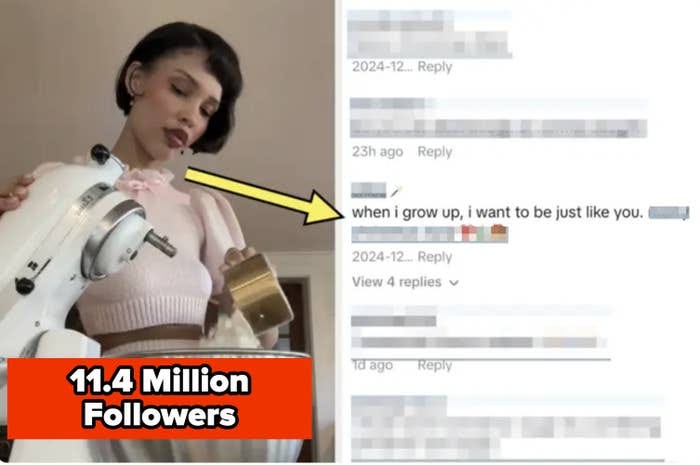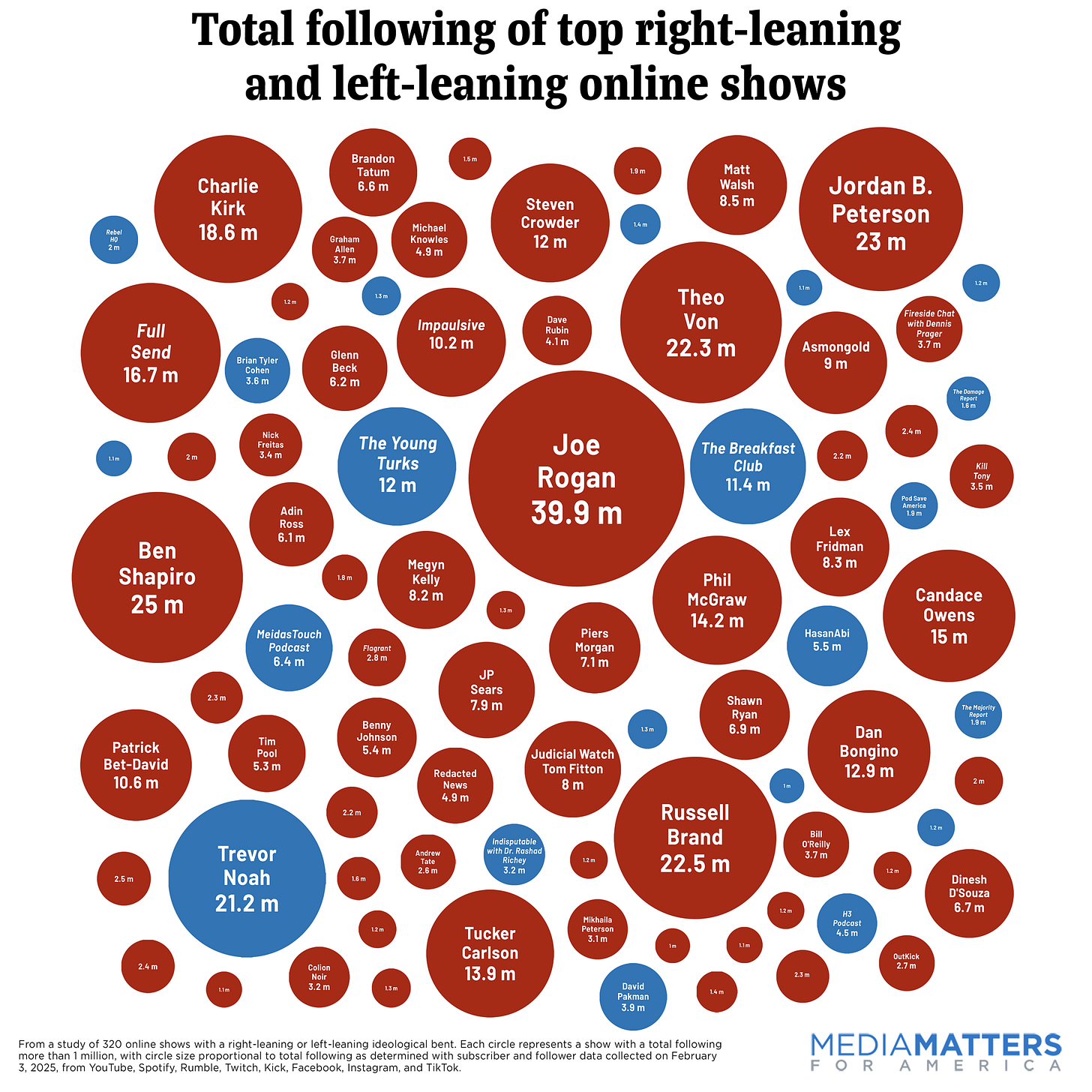Viral Alpha Male Morning Routine and Trad Life Content
As much as I tried to avoid it, this influencer’s alpha male morning routine has been over my feed for days. It’s ridiculous, inaccurate, and a great example of how hyper-capitalist trad life content is taking over social media right now.
It’s a great example of how social media is changing to fit the societal norms of Trump’s administration. In Ashton Hall’s content, he has multiple videos of waking up ridiculously early, only using glass-bottled water for everything, and living a luxury lifestyle that isn't easily relatable (especially with most people in the US living paycheck to paycheck).
Even though he wakes up at around 3 a.m. and does a lot of things, like going to the gym and journaling, he still has a woman cook for him. Might not mean much to some, but it’s very telling that you have that much time to get ready and do several miscellaneous things while having a woman stay in the kitchen and cook your meal for you.
Social media trend…
It’s not only men—it’s women and couple influencers, all peddling the same vibe and aesthetic. This lifestyle includes wearing vintage aprons, soft girl makeup, hyper femininity, and showcasing their at-home home, while the party is the main “breadwinner.” This lifestyle is idolized and pushed by influencers like Nara Smith.
Nara Smith herself says that she doesn't see herself that way and has just always wanted to be a young mother, but her image was one of the first to start this online debate about traditional wife lifestyles.
Brands are also following this trend quickly. PrettyLittleThing, a clothing brand that formerly sold bodycon dresses known for their explicit cut-outs and Love Island star ambassadors, recently underwent a complete rebrand. Their clothes have now been replaced with browns, creams, and beiges with a simple palette, mostly designed conservatively to cover up women’s bodies.
They are trying to go for the clean, “quiet luxury” brand, which is interesting in an era when we are continuously discussing the economic crash and a possible looming recession. It’s important to note that many of these influencers are also very wealthy, not necessarily representing the average income bracket of a person living in America.
Romanticizing the life…
The content of a traditional life requires a lot of romanticization of the lifestyle, whether it’s their marriage, devotion to their partner, constant chase to make their homes beautiful, or fitting into a very particular look, near-perfect at all times.
If you don’t want to be a housewife, have children, or would rather work than take care of your children, or you tend to have a different aesthetic that doesn't fit Fox News newscasters’ look, tough luck.
My good friend and mutual Bimbo University 🎀 recently made an interesting video that made me think. You can see the video here. She explains why becoming a housewife and entirely relying on a man for your housing, income, and livelihood is a terrible idea and can backfire badly.
It’s a simple concept that traditional influencers do not address: once you don’t have your own money, work experience, or credit, you are entirely at the mercy of the man you chose to trade life with. This applies to anyone wanting to depend entirely on a man/partner, but the point still stands.
Why is this happening?
I can only guess why this lifestyle is taking off on social media and gaining a lot of likability:
Lack of education
Women barely gained the right to vote, own homes, cars, bank accounts, etc. The rates of domestic violence were also much higher back in the day, and divorce was highly frowned upon.
No hope for the future
When my father first came to America in the 70s, living costs were much more doable. College debt wasn’t as much as it is now, jobs allowed you to grow, and everyone had something to work towards. My generation can barely find a job, will probably never be able to buy a home (statistically), is moving back to their parent’ house in droves due to the cost of living, and so much more. The same vision our parents were able to work towards is now nonexistent, making the idea of staying home and living the traditional wife lifestyle more appealing.
Politics and propaganda
Right-wing commentators now take over a lot of the media. Recently, a graphic showed that most independent shows are right-wing focused. The younger generation is listening to a lot of that media, and they spew ideologies that they don’t even follow themselves. People like Charlie Kirk go to college campuses and tell young people that they must have children as young as possible, while they wait until their partners are well into their 30s to have children. I did a profound dive reaction on my YouTube channel; you can see it here.
The downfall of the dating scene
Many women are tired of the “situationship” or “friends with benefits” era of dating we find ourselves in now. More and more women are opting not to date and ditching the dating apps than ever before, and it’s just not fun or appealing anymore. There’s this grass is greener on the other side mentality, leading to many people having “Peter Pan syndrome”, jumping from one person to the next due to the endless options apps give us in choices. Traditional dating gives women a sense of security: okay, this guy wants to take care of me, rather than use me solely for his own convenience.
The hyper-capitalist and patriarchal ideals that dominate platforms like Instagram and TikTok are pushing an unrealistic narrative, glorifying a luxury-driven, gendered model of living that often ignores the economic and social realities of most people.
Whether it’s the portrayal of an alpha male’s rigid morning routine or the quiet luxury aesthetic promoted by female influencers, these trends are not only disconnected from the average person’s experience but also subtly reinforce outdated gender roles.
As these influencers continue romanticizing traditional lifestyles, it’s essential to recognize the dangers of such narratives, particularly for young women who may be swayed into financially dependent, narrow paths that limit their autonomy and future security.
While some may find solace in the simplicity of these ideals, we must remain critical of the broader implications of these trends, especially when they are tied to regressive political and economic agendas. The future should not be defined by idealized, one-dimensional roles but rather by a collective drive for progress, equality, and financial independence.






thank u for the shout out!!! and so well said :)
Such a good read! Thanks for all the work you do 💕